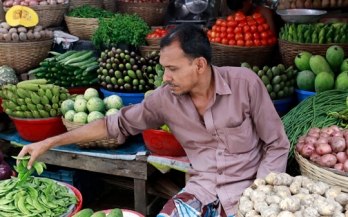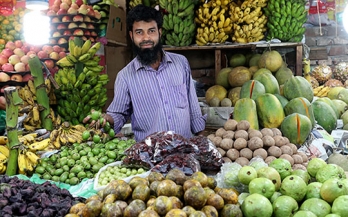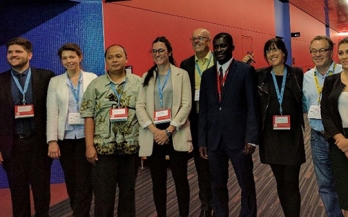This year's World Food Safety Day, we celebrate the World Health Assembly’s recent agreement to adopt the WHO Global Strategy for Food Safety.
This month GAIN organised an event, in partnership with the Scaling Up Nutrition Movement (SUN) and the Global Health Centre at the Graduate Institute in Geneva, on urbanisation and nutrition. While there have been some voices calling for these two issues to come together, this has not really happened, although things now seem to be changing.
Has the food and nutrition policy community adapted to the new urban realities and, if not, how should they? This was the topic of the launch of the new IFPRI Global Food Policy Report on urbanisation, food security and nutrition.
In October, over 80 cities came together in Montpellier, France to review implementation of the Milan Urban Food Policy Pact (MUFPP). An increasing number of cities are signing the Pact (it has currently over 200 signatory cities), with 25 signing during the meeting.
Mayors and concerned urbanites gathered in Bonn last week at the 9th Global Forum on Urban Resilience and Adaptation. They spent a fair bit of the second day of their meeting talking about food systems. The big question: does the city of the future lead us inexorably towards unhealthy diets and unsustainable models of production and waste, or is there a better way?
GAIN hosted a panel discussion at the ICLEI World Congress on how to improve urban nutrition. The panel demonstrated that cities can improve the urban food system through a multitude of ways. The panel demonstrated that cities can improve the urban food system through a multitude of ways. Food policy is one important mechanism for this and is getting increasing attention.
The world is rapidly urbanising. By 2050, two thirds of the world population will live in urban areas. This has major consequences for peoples’ diets. Cities now face the double burden of malnutrition: micronutrient deficiencies and overnutrition (overweight and obesity).







